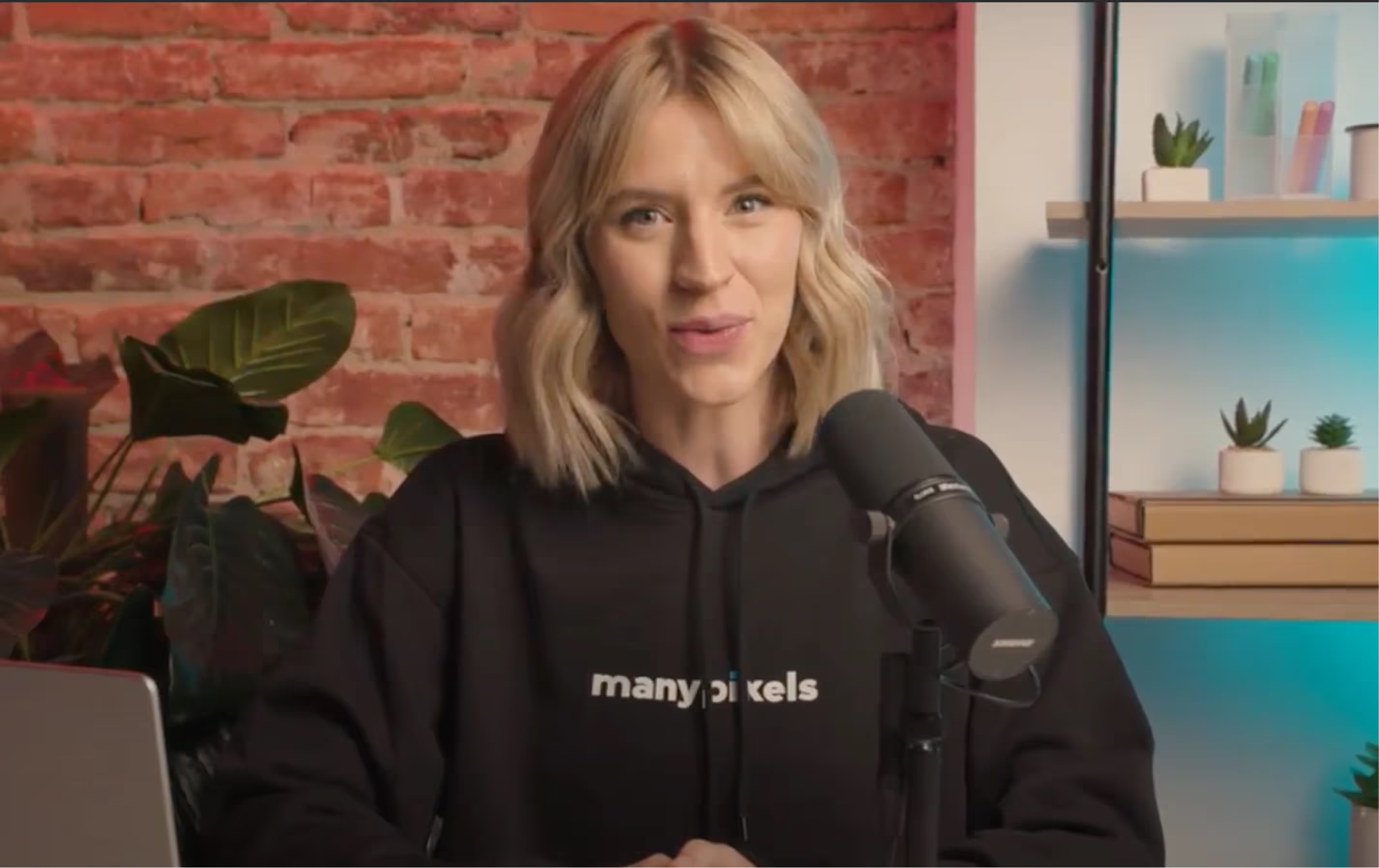

6 Dreadful Design Mistakes That'll Ruin Your SEO
Read about the most common mistakes that can have a ripple effect on your search rankings and take you off the first SERP.

.svg)
Every website owner hopes to get organic traffic and conversions on their website. Optimization is essential, and SEO experts place great value on proper design. This article examines the worst mistakes web designers make that ruin the website's Google ranking.
You created a beautiful website, you picked up some great images, a superb theme, designed them in line with the needs and the taste of your customers… And yet, your website is nowhere to be found on pages 1, 2, or even 5 on Google search results.
Is there a problem caused by design mistakes? Chances are there is. There are a few factors that influence your Search Engine Rankings associated with the design of your website.
SEO is the practice of increasing both the quality and quantity of website traffic, as well as exposure to your brand, through non-paid (also known as "organic") search engine results.
We compiled a list of 6 dreadful design mistakes that’ll ruin your SEO.
{{AD_BANNER="/dev/components"}}
Using too many elements
Everybody wants to attract as many visitors as possible to their website. Your web designer might be eager to astonish you and your visitors with stunning design elements. Still, all that extravagance won’t get you any results if it doesn’t get you any website visitors.
Too many colors, images, elements, and banner ads won't keep your visitors engaged. Overcrowded design can make the navigation on your website confusing. If the visitors can't navigate through your page, it's more likely they'll bounce and end up on a competitor's website instead.
Going overboard with elements can negatively influence the loading speed of your website as well. Cram-full design affects the user experience, and visitors are more likely to leave your website before it even fully loads.
There's no point in creating a website that isn't search-engine-friendly, no matter how good and attractive it is. A good web designer knows how to balance search engine requirements and beauty.

Example for an engaging 404 page. Credit: Drift
Search engines don't index pop-ups, and website users tend to close them as soon as they appear. If you don't want to ruin the user experience for your website, it's a good idea to make them relevant for your audience.
Neglecting optimization
When was the last time you met someone who didn’t have a smartphone? In 2021, 55% of page views come from mobile devices, which is likely to continue in the future. Websites that aren't mobile responsive are more likely to lose visitors in the first few seconds.
It’s even more critical to optimize your website for search engines. If you want your website to appear in the first Google search results, it’s good to understand what your target audience is searching online, the particular words they are using, and what type of content they are looking for.
Having important information in images
Designers often make a mistake by putting crucial information in the images. That information might be a slogan, an offer, contact information, or CTA (call to action). While images are a quick way to convey information to your website visitors, search engine spiders ignore the media and only read the HTML code and text.
If you must use text in images, it’s a good idea to write the ALT attribute for your images, videos, and other media types, and include a few words of description.
Metadata plays a crucial role in getting visitors to your website when they search specific keywords. Search engines also strongly value metadata because it helps them determine the relationship between the content on your website and specific searches.
Apply your metadata effectively, create relevant tags, and you will dramatically improve your rankings on Search Engine Results Pages. SERP are Google’s response to a user’s search query. SERPs tend to include organic search results, paid Google Ads results, Featured Snippets, Knowledge Graphs and video results.
Having ineffective CTAs
A call to action is critical for proper SEO. Without effective messaging, you can’t expect your audience to make a buying decision. Instead, you have to direct them to that choice.
However, CTAs are not only a tool for improving your sales. They also help you boost your SEO!
Search engines pick up call-to-action messages, so it's essential to add important keywords to help your visitors make a specific action. This is where keyword research comes into action.
Find the answers for questions like:
- What are people searching for?
- How many people are searching for it?
- In what format do they want that information?
Understanding what your audience wants will help you determine which keywords are the most effective to bring visitors to your homepage.
Pushing intrusive pop-ups
Pop-up ads can be a very potent digital marketing tool. Some pop-ups have the power to turn visitors into customers, while others can impact your SEO negatively and even get your website penalized by Google.
Another rule of thumb is, don’t show them immediately after the page loads. Wait at least 20 to 30 seconds, and right when the visitors are most likely to leave your page, that’s the perfect time to show them a pop-up with an irresistible offer, an email subscription, or other proposals that will convert traffic into leads and sales.
Underestimating the importance of 404 page
For any website visitor, it is very frustrating to end up on a broken link. You don’t want to lose potential customers who typed a wrong URL or clicked a link that leads nowhere.
Generic 404 pages are not creating a great user experience. Even worse, a broken link without navigation options is not only bad for the user experience but can eventually lead to decreasing your search rankings.
Adding a link to your home page and other engaging content is a simple yet effective way to keep visitors from clicking the close button.

Conclusion
Properly optimizing your website is crucial for good search rankings. You want to get organic traffic and conversions. That's why it's crucial to implement thorough research of target audience and keywords, proper optimization, and a web design that doesn't conflict with your SEO.
Some companies dedicate an entire team to deal with optimizing their websites effectively. If you can afford it, it pays off to involve professional SEO experts who can get much better results without devoting too many resources.
An experienced creative talent with a demonstrated history of working in the advertising industry for more than 18 years. A strong creative writing professional with a special focus on creating content for marketing and social advertising projects. I have a Master's degree in Theater Directing. I love hiking, enjoy obscure music and European cinema. I am an avid fan of UFC!
A design solution you will love
Fast & Reliable
Fixed Monthly Rate
Flexible & Scalable
Pro Designers





.jpg)

.jpg)
